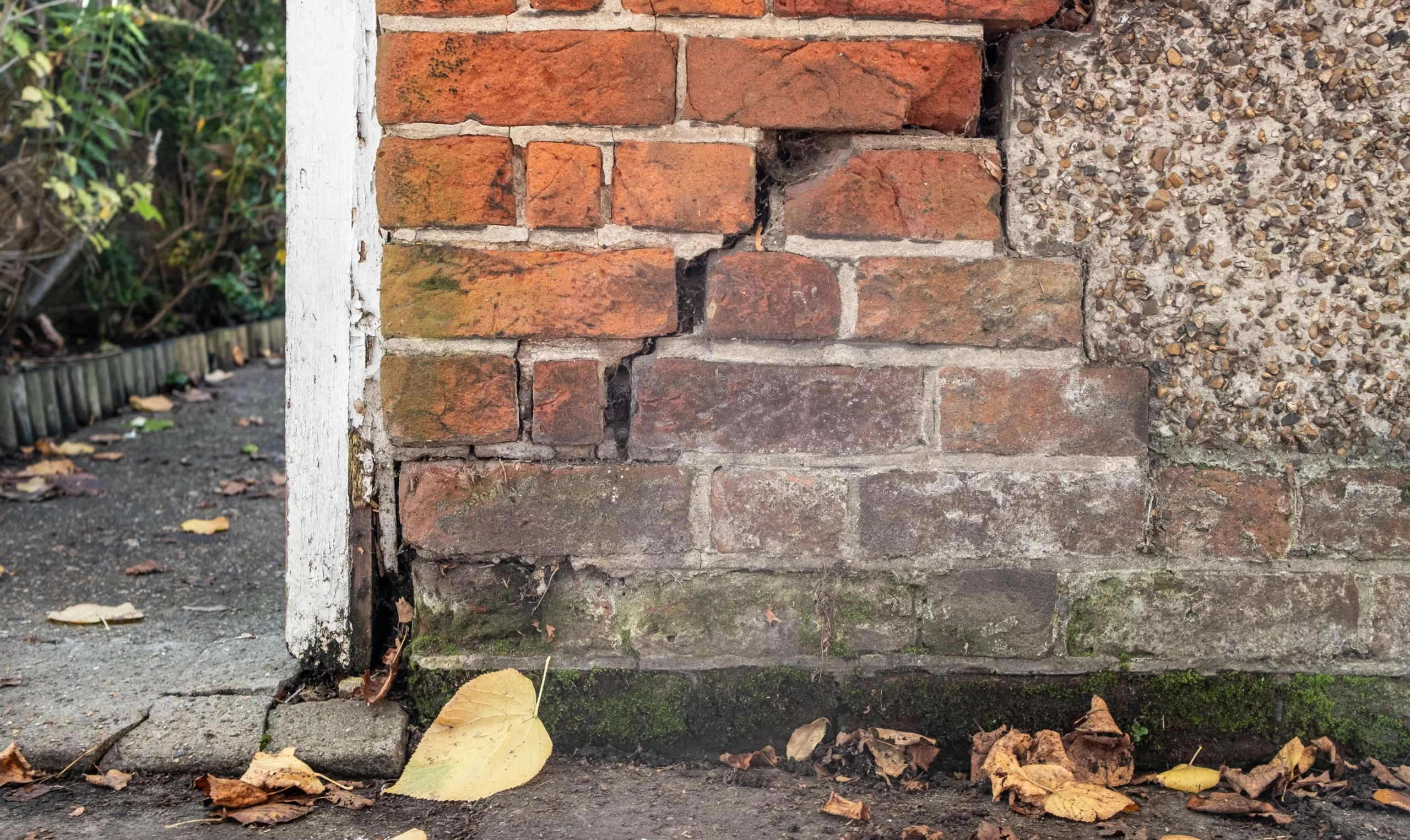If you're a Council or Housing Association tenant experiencing any of the ongoing disrepair
issues mentioned earlier, and you've reported them to your landlord, you're likely eligible
to pursue a disrepair claim for compensation.
No, not at all. Every housing disrepair claim we handle operates on a 'no win, no fee'
basis. This means there's no need for any upfront payment from you.
We ensure that your landlord initiates repairs within weeks of our initial contact. While
some cases may require more time, we guarantee no delays on our end. We're committed to
taking all necessary steps to prompt your landlord into action.
Your compensation is determined by factors including the duration of the property's
disrepair, the number of individuals impacted, the severity of the disrepair, any belongings
damaged as a result, and whether the disrepair has led to any illness.
Yes, it's important to continue paying your rent in full. Failure to do so may result in
your landlord making a counterclaim against you for breach of the tenancy agreement.
No, Council and Housing Association tenants are safeguarded by laws that prevent eviction
due to initiating a housing disrepair compensation claim against their landlord.
No, unfortunately not. You must be currently living in the property.
You can substantiate your disrepair complaints with evidence such as text messages, emails,
or call logs. Furthermore, your housing file may hold documented complaints, as landlords
are mandated by law to maintain records of such communications.
According to Section 11 of the Landlord and Tenant Act (1985), as amended by the Fitness for
Human Habitation Act, both social (council or housing association) and private landlords are
legally required to maintain the property in a good state of repair. You are entitled to
inhabit your property without enduring disrepair-related issues. Rest assured, it is their
legal obligation to prioritize your well-being and address any concerns promptly.
We exclusively handle cases involving Council or Housing Association tenants, although you
retain the option to pursue claims against private landlords independently.





